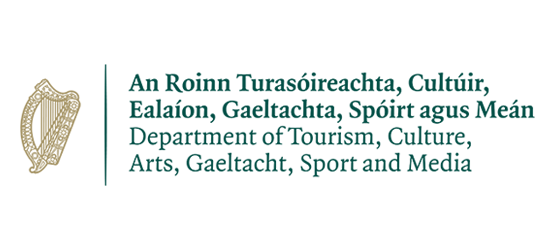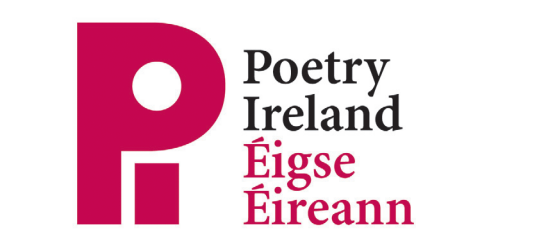Commemoration is the practice of calling for the remembrance of a person or event from the past. As Dr. Laura McAtackney notes, it is an assertion that something or someone is worthy of being remembered. Commemoration, therefore, is ‘a symbolic act in the present’ (RTE.ie).
This is especially relevant as we find ourselves in the final years of the Decade of the Centenaries 2012-2023 marking one hundred years since the Irish War of Independence and Civil War. The Irish Civil War from 1922-23, in particular, presents difficulties given the inevitable intimacy of such a conflict and the fact that divisions had a lasting impact on families and communities across the island.
Prof. Diarmaid Ferriter has described the challenge presented by this particular centenary in his study of the period, Between Two Hells (2021).
In the words of writer George Russell (AE), both sides embraced ‘the one-dimensional mind…beaten by the hammer of thor into some mould or shape when they cling to one idea’. The challenge at its centenary is to discard that hammer to do justice to its various contours and colours. (2)
This is not a simple task but one that requires consideration, consultation, and collaboration.
Poetry and popular ballads have long been vessels for the commemoration of historic events and heroic individuals. The regular rhythms and recitative qualities meant that the form was suited to commemorating historical figures to ensure posterity. But poetry, as AE’s own commemorative poem ‘Salutation’ shows, also provides space for ‘contours and colours.’
The poem, in which AE remembers those who died in the 1916 Rising and World War I, offers an example of how, during the heat of the revolutionary period, individuals possessed the ability to express uncertainty about the actions of the rebels while, at the same time, acknowledging the significance of the event and their role in it.
Salutation
To the Memory of Some I Knew Who Are Dead and Who Loved Ireland
Their dream had left me numb and cold,
But yet my spirit rose in pride,
Refashioning in burnished gold
The images of those who died,
Or were shut in the penal cell.
Here’s to you, Pearse, your dreams, not mine,
But yet the thought, for this you fell,
Has turned life’s waters into wine.
(excerpt)
Poems that treat the subject of the Irish War of Independence or the Civil War are reflective of a range of varied experiences from the civilian perspective of a young John Hewitt in Belfast (‘The Troubles, 1922’), to the prison poems of Joseph Campbell (‘New Year, 1923′), and commemorative poems by Padraic Colum (‘The Chieftain: Michael Collins 1890-1922’) or Alice Milligan (‘Till Ferdia Came’). And, of course, there is the troubled verse of Yeats’ ‘Meditations in a Time of Civil War’. Contemporary poets have also written about the period. Some, such as Leanne O’Sullivan and Jane Clarke have recovered the stories of children (‘Safe House’) and lesbian women (‘In Glasnevin’) while others are inspired by family history. For example, Eiléan Ní Chuilleanáin’s ‘On Lacking the Killer Instinct’ and Máire Mhac an tSaoi’s ‘Fód an Imris: Ard Oifig an Phoist 1986’.
While verse can be employed to serve a particular cause, poetry also has the capacity to unpack complex and nuanced ideas within a compressed space. Poetry invites reflection on the murkier ‘contours and colours’ of experience and can transport readers or listeners to a different time and place through rhythms, images, and sound.
Bringing together material history and poetry, Poetry as Commemoration seeks to deepen our collective understanding of this challenging period. Our Virtual Poetry Wall will host an eclectic mix of verse relating to the War of Independence and Civil War, including poems written during the revolutionary period and after, as well as new commissions and work created in a series of creative writing workshops. Poems will be added over time (subject to permissions) and members of the public are invited to submit or suggest poems via the online form. Our hope is that, not only will the website function as a useful repository but that it will serve to reflect commemorative practice in 2022-23 for future generations to come.
Dr. Catherine Wilsdon, Creative Producer, Poetry as Commemoration.





